Workplace: A Journal for Academic Labor has just published Issue #20, “The New Academic Manners, Managers, and Spaces.” This issue includes key conceptual and empirical analyses of
- the creation and avoidance of unions in academic and business workplaces (Vincent Serravallo)
- the new critiquette, impartial response to Bruno Latour and Jacques Ranciere’s critique of critique (Stephen Petrina)
- the two-culture model of the modern university in full light of the crystal, neural university (Sean Sturm, Stephen Turner)
- alternative narratives of accountability in response to neo-liberal practices of government (Sandra Mathison)
- vertical versus horizontal structures of governance (Rune Kvist Olsen)
- teachers in nomadic spaces and Deleuzian approaches to curricular practice (Tobey Steeves)
Workplace Issue #20 Table of Contents:
Parallel Practices of Union Avoidance in Business and Academia
The New Critiquette and Old Scholactivism: A Petit Critique of Academic Manners, Managers, Matters, and Freedom
Cardinal Newman in the Crystal Palace – The Idea of the University Today
Working Toward a Different Narrative of Accountability: A Report from British Columbia
The DemoCratic Workplace: Empowering People (demos) to Rule (cratos) Their Own Workplace
Bridges to Difference & Maps of Becoming: An Experiment with Teachers in Nomadic Spaces for Education in British Columbia
We invite you to review Issue #20 for articles and items of interest. Thanks for the continuing interest in Workplace (we welcome new manuscripts here and Critical Education),
Institute for Critical Education Studies (ICES)
Workplace Blog

 Follow
Follow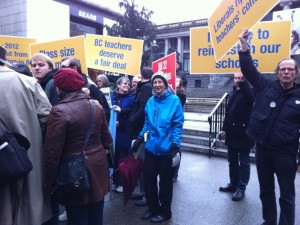
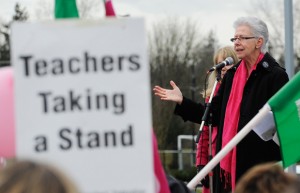
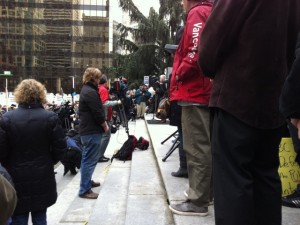
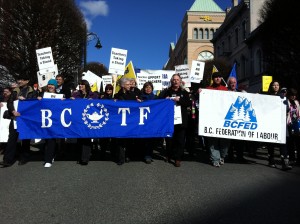
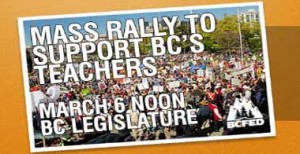
Net Zero Workers
There is a long history of wage freezes for workers that amount to wage cuts against rapidly rising costs of living. There was a time when governments were interested in supporting unions defending wages as a base for fair compensation for the work and a wage increase to maintain a decent standard of living against rising costs. In bad times, unions and employers could give and in depressions the unemployed ranks grow, families collapse, and businesses fold. Currently, governments are finessing to have it both ways. A psychology of governing parties is to assure consumers and investors that the economy is always looking up while convincing workers that the coffers are empty and the economy is recessing. While Athens burns business analysts comment daily that the markets are gaining lost ground. ‘Economic growth is on the horizon while we are pressed to freeze wages and put our fiscal house in order.’ Mixed messages for the consumer as worker, now the net zero worker.
“Net zero,” newspeak for wage freeze, was introduced as a mantra in about 2002 and repeated by the Public Sector Employers’ Council (PSEC) in British Columbia from 2008 to this current point. In 2010 the “net zero mandate” was reinforced in BC government or PSEC policy. Public sector workers were again net zero workers. The BCTF rallied hard against this and are standing up again to pool together all unions, as the governing party in BC again designated teachers as net zero workers. Let them bargain, let them mediate, Minister of Education George Abbott insisted in legislative debate on 12 March, as long as “all of that is within the context of net zero.”
Thirty years ago, top executive salaries were about 15 times that of the average worker’s. Now, those executive salaries are 75 times that of the worker’s. It’s increasingly difficult to accept one’s fate as a net zero worker in the face of skyrocketing executive salaries and lawless mismanagement. Of course, things might change should the net zero worker threaten to become a net zero consumer. Net zero spending was once called a boycott.
10 Comments
Posted in BC Education, Commentary, Employment rights, Government, Politics, Solidarity, Strikes & Labor Disputes, Unions, Working conditions
Tagged Economic Trends, Government, Working conditions